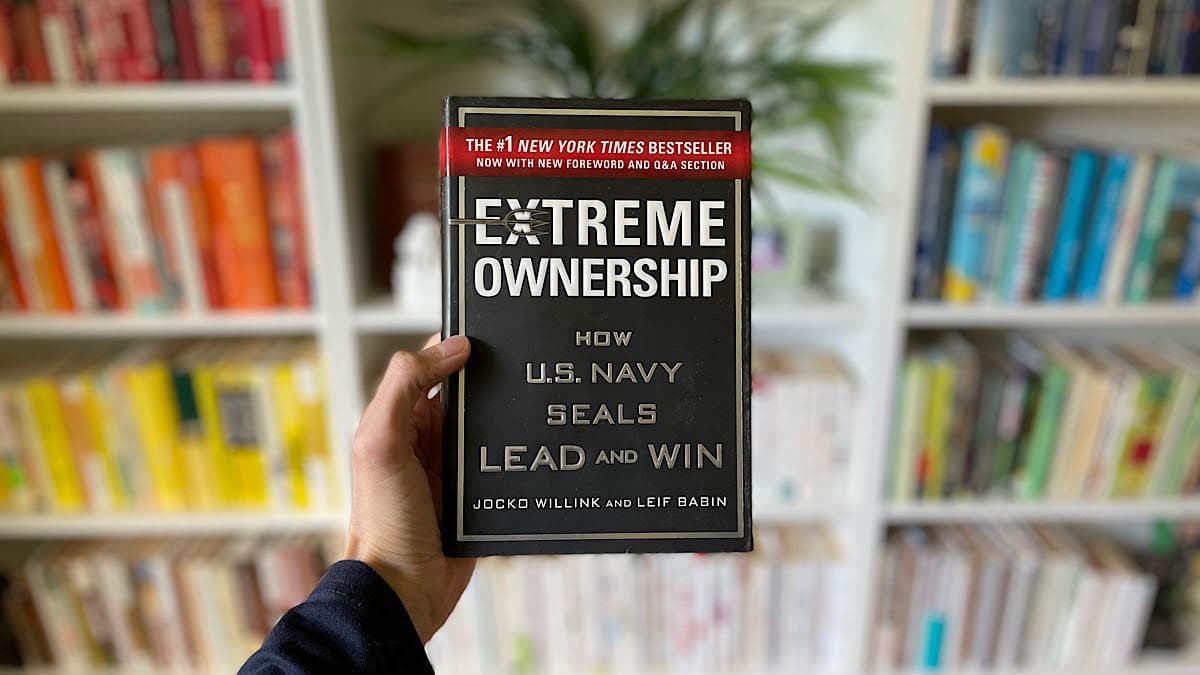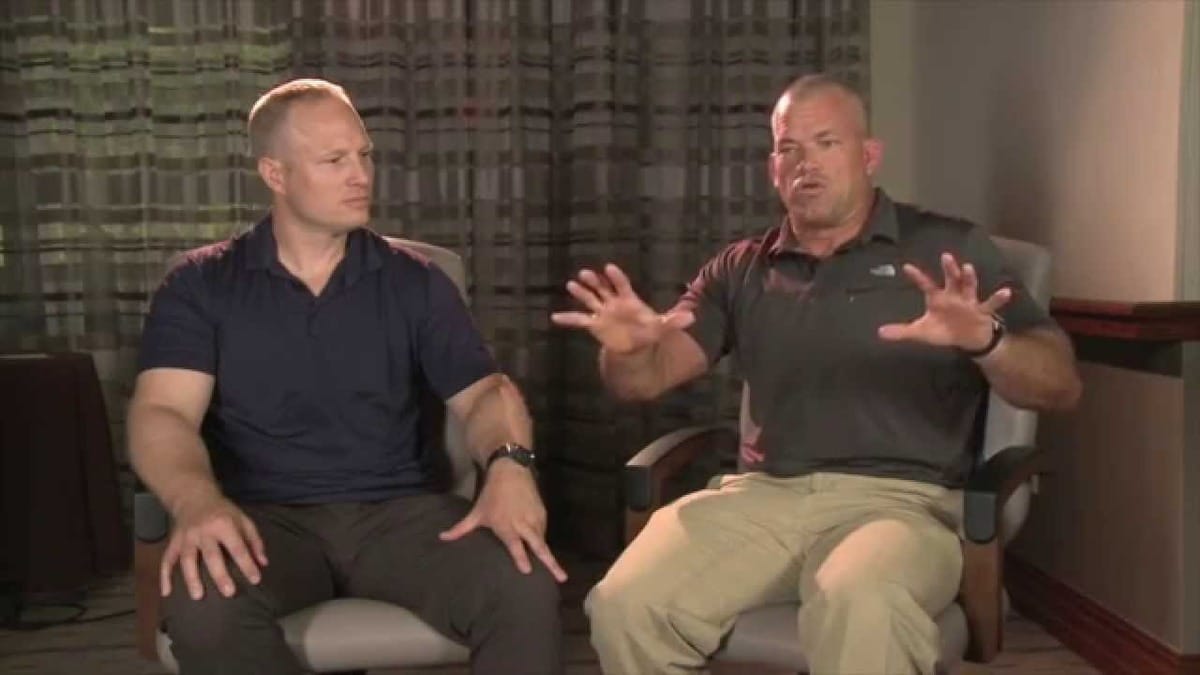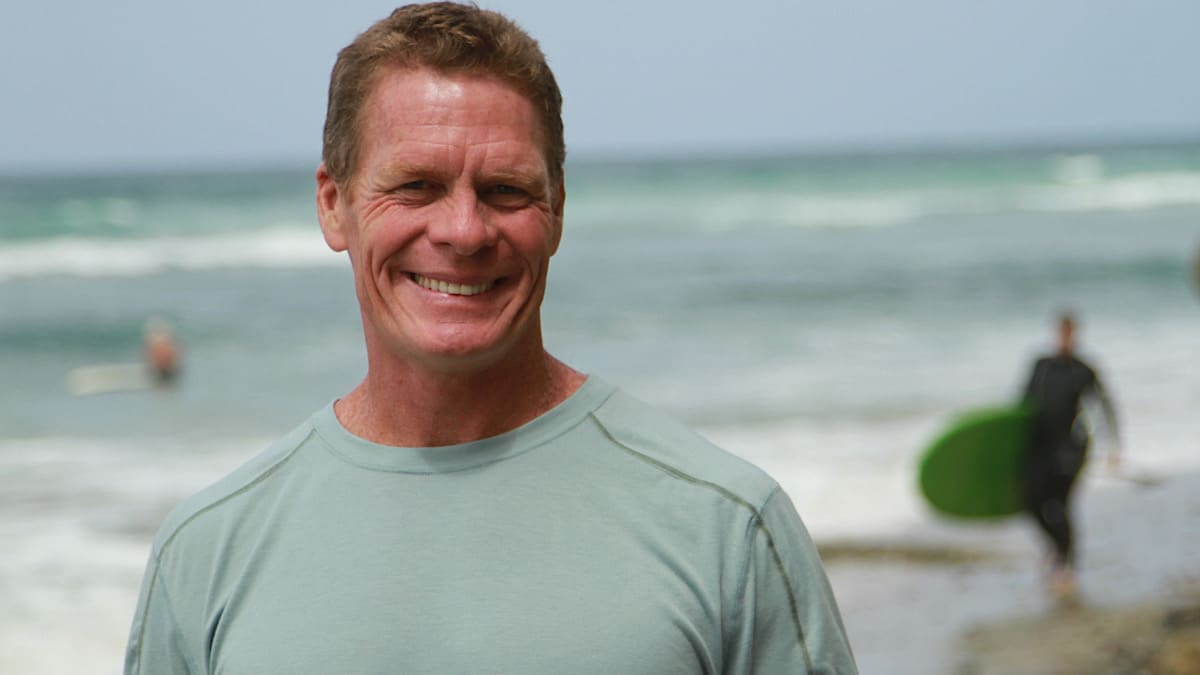
Excerpt: “Doing nothing” is about learning how to stop micromanaging. Read our 11 quotes from Do Nothing! and learn how important this idea really is…
Introduction: The Danger of Micromanaging
In the earliest stages of a child’s development it is the responsibility of the parents to provide the most ideal nurturing environments and circumstances. Children are, essentially, completely dependent on what their parents provide. As they grow, however, so too does their ability to accept responsibility and manage their own surroundings—starting on a micro level and growing in size proportionally as they mature.
They may not be able to change their neighborhoods, but they can change their friend groups. They may not be able to change their family, but they can change their role models. They may not be able to control their economic status, but they can choose how to educate themselves and how to spend their down time. But, isn’t that a lot of responsibility for a child to take on? You might be thinking. Not when the environment encourages the right behavior.
How might that happen? Think about the word responsibility. It’s a person’s ability to respond. To respond to what, though? What else but their environment. The environment that is laid out for them by their parents/ teachers/ role models/ adults in their lives. And once those environments are set and the circumstances are presented in the best way they can be, the children will then respond and improve their abilities accordingly. The better the environments, the better their responses and vice versa.
Some adults get this backwards.
They don’t set the environments or put their best effort into controlling their children’s living situations, but then try to control every which way their children respond to the unplanned, unorganized, unknown environment that the kids are immersed in. And that’s exhausting. Or (I’m not sure if this is better or worse) when the adults do set the environments properly, but then also try to control their children’s responses too. It’s wasted effort.
NEW In The Shop: Don’t Let The Tame Ones Tell You How To Live [Poster]
Why We ♥ It: Some of the best advice I (Matt here) ever got was: don’t take life advice from people who aren’t living a life you want to live and don’t take criticism from people you wouldn’t go to for advice. I created this poster to act as a reminder to listen more closely to our role models and less closely to our critics, trolls, and tamed-comfort-zone-hugger acquaintances. It’s also a perfect gift for the outdoor adventurer, travel enthusiast, or solo explorer (or soon to be). Available in print or digital download. 👇🏼
...Want to advertise your book, product, or service? Send inquiries to matt@movemequotes.com.
Let’s get one thing straight right from the get-go, “Doing Nothing” isn’t about doing nothing when you have nothing established. “Doing Nothing” is about learning how to do less and eventually “nothing,” after proper systems, environments, and teams are already established and in place.
It’s about learning how to stop micromanaging and learning how to entrust the members of your team to do their jobs, learn from their own mistakes, and unlock their own potential as they go. This is what Murnighan makes a clear cut case for throughout his book—when leaders gain more responsibility, they shouldn’t be doing more, they should actually be doing less.
As counter-intuitive as that might sound, it’s a claim worth considering. In today’s insanely busy world that’s constantly moving at break-neck speed, learning how to do less could be just the skill you’re lacking and actually might need to develop. That is, if you fit into the category as being somebody who has dependents or has a team that is following already established systems.
Your job as a leader should be to focus on improving the systems, navigating the ever changing business landscape, curating the environment, and providing the ideal circumstances for the team members—not doing their work for them. But, I’ll leave it to Murnighan to get into more of that in our collection of quotes from Do Nothing! below. Enjoy!
The List: 11 Important J. Keith Murnighan Quotes from Do Nothing!
“As you move up, you can’t help but remember what made you successful and think that you should ‘do’ more of that. But as you get more responsibility, you should actually do less.”
J. Keith Murnighan, Do Nothing!
“As you get higher in an organization’s hierarchy, you are expected to have a big-picture outlook, a wide-ranging view and a strategic orientation. The more ‘little stuff’ that you do, the more you get in the way and the more dysfunctional the situation is for everyone else.”
J. Keith Murnighan, Do Nothing!
“Doing too much is far worse than doing too little. When leaders do too much, they cannot be as effective or as thoughtful or as strategic as they might otherwise be. Even worse, their team members are underutilized and underchallenged. Better team members are also likely to be increasingly angry – because their leader is doing what they could and should and want to be doing. By not letting good performers do their jobs, on their own, leaders don’t allow their team members to feel proud of what they can do. The end result is the development of dislike or even hate for a leader who butts in, as well as earning him a reputation for being a control freak and a micromanager.”
J. Keith Murnighan, Do Nothing!
“You shouldn’t focus on outcomes so much. Focus instead on doing things right, on the best possible process, and on paying attention to what you can do rather than to what you can’t control.”
J. Keith Murnighan, Do Nothing!
“Leaders need to keep a singular focus, each and every day, on their ultimate goals; they need to keep them at the front of their minds as they choose their actions and strategies. This seems so obvious but, at the same time, incredibly busy days when people are constantly asking for your attention make it easy to lose a central, goal-oriented focus. Thus, even something as simple as putting a Post-it note that describes your ultimate goals on the corner of your computer screen can help you keep focused and slow you down so that you can facilitate and orchestrate your team’s actions directly toward your ultimate goal.”
J. Keith Murnighan, Do Nothing!
“‘People don’t know how much you know until they know how much you care about them.’ You could be the world’s greatest expert on something but if the people you work with don’t know that you care about them, they won’t listen to you much.” ~
J. Keith Murnighan, Do Nothing!
“It is up to you as the leader to make sure that your team members feel safe. You must bend over backwards to make this happen, because team members know that their leaders are always evaluating them and they have perfectly natural fears about the outcome of those evaluations. You must work doubly hard to help them feel safe: you must treat your team members’ questions and observations as if you love hearing each and every one of them and you must entertain their ideas and even invite them to disagree with you. You must make it eminently clear that you want them to participate, to question, to comment, and to disagree – and you need to reinforce them when they do.”
J. Keith Murnighan, Do Nothing!
“Have you ever seen a supervisor, a boss, or an authority figure trust someone more than they anticipated? … When I ask [my Executive MBA students] how they have responded to this experience, they all have exactly the same answer … they stepped up and exerted extra effort to show the person who had trusted them that they were worthy of their trust. Every single one. This makes for a very clear message. If you want to be a more effective leader, if you want to get the same response that all of my executives’ bosses have, simply do what they did. Trust more. The result will be positive reciprocity, which will make your job easier and allow you to move much closer to actually doing nothing.”
J. Keith Murnighan, Do Nothing!
“Stated succinctly, partial trust sucks. When we know we have been trusted only partially, we naturally wonder, ‘Why didn’t he trust me more?’ This natural question reduces our motivation to reciprocate and leads to less long-term commitment to a leader, to a team, and to an organization. Partial trust sucks in many ways: it is the reverse of flattery and respect and it stimulates lousy outcomes, for everyone.”
J. Keith Murnighan, Do Nothing!
“Not only do we often find what we are looking for in people, we sometimes create what we are looking for in people.”
J. Keith Murnighan, Do Nothing!
“Leadership Law: Think of the reaction that you want first, then determine the actions you can take to maximize the chances that those reactions will actually happen.”
J. Keith Murnighan, Do Nothing!
If you enjoyed these quotes from Do Nothing! by J. Keith Murnighan then you should check out his book in full:
Book Overview: According to J. Keith Murnighan, Great leaders don’t do anything—except think, make key decisions, help people do their jobs better, and add a touch of organizational control to make sure the final recipes come out okay. In sharp contrast, most leaders are too busy actually working to do these things—and their teams suffer as a result. Do Nothing!’s practical strategies and true stories will show you how to set high expectations for your team and watch it rise to the challenge. It will help you establish a healthier culture by trusting people more than they expect to be trusted. And it will help you overcome your natural tendencies toward micromanagement so you can let people do their jobs—even when you know you could do their jobs better.
Buy from Amazon! Listen on Audible!
Read Next:
NEW In The Shop: Don’t Let The Tame Ones Tell You How To Live [Poster]
Why We ♥ It: Some of the best advice I (Matt here) ever got was: don’t take life advice from people who aren’t living a life you want to live and don’t take criticism from people you wouldn’t go to for advice. I created this poster to act as a reminder to listen more closely to our role models and less closely to our critics, trolls, and tamed-comfort-zone-hugger acquaintances. It’s also a perfect gift for the outdoor adventurer, travel enthusiast, or solo explorer (or soon to be). Available in print or digital download. 👇🏼
...Want to advertise your book, product, or service? Send inquiries to matt@movemequotes.com.
Written by Matt Hogan
Founder of MoveMe Quotes. On a mission to help busy people do inner work—for better mental health; for healing; for personal growth. Find me on Twitter / IG / Medium. I also share daily insights here. 🌱
It has taken me 1,000’s of hours to build this free library for you. If it has helped you, you can support my continued effort here. ☕️




![Family First, Work Second. The Power of Family Values in Business [Excerpt]](https://movemequotes.com/wp-content/uploads/2020/04/IMG_7016.jpg)



